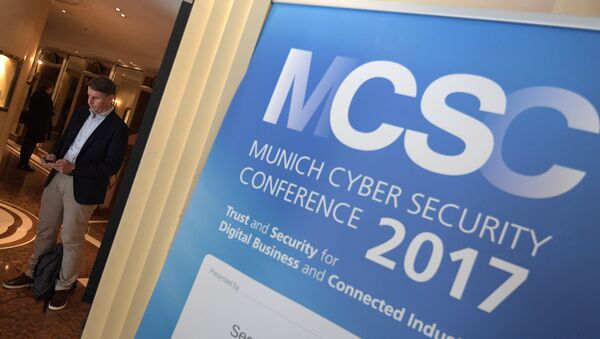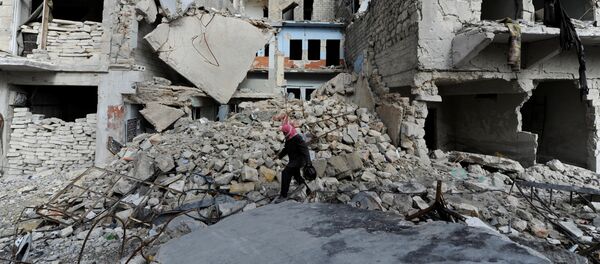It indicates that the minds of American and European politicians and commentators remain chaotic, according to Krejci.
He pointed out that "the usual orientation toward the US [during the Munich Conference] unexpectedly collapsed and even those who were usually able to clearly formulate their position failed to do so during this year's gathering in Munich."
"That's why the mainstream media showed its contradictory reaction to the Munich Conference. Assessing the dialogue at the gathering on the whole, I can say that [the politicians'] remarks became much more cautious and less aggressive than six months ago. This was also the case with the assessment of Russian policy," he said.
Krejci added that while US Senator Lindsey Graham did not think twice before using stern language toward Russia at the 2017 Munich Conference, European politicians remained low-key, waiting for further developments, including the election results in France and Germany as well as signals from Washington.
"I would like to reiterate that the political elites are currently not ready to analyze the situation, and that they do not have a clear vision of global prospects for development," he said.
"Although it is quite obvious that the situation in Syria cannot be resolved without Russia, one gets the impression that participants of the Munich discussion, as it were, expressed regret about Russian taking away their victory over Syrian President Assad, Krejci said.
He emphasized that "the Russian and American military leaders should agree on bilateral cooperation because otherwise, the current uncertainty regarding Syria will continue, something that we witnessed at this year's Munich Conference."
He said that "the same uncertain attitude was showed by [Western politicians] in relation to the successful negotiations on the Syrian settlement in the Kazakh capital Astana, which involved Russia, Turkey and Iran."
He pointed to the fact that for the first time, representatives of the Syrian government and the opposition were engaged in a direct dialogue.
"The progress was achieved through the efforts of Russia, Turkey and Iran to mediate. For the first time, talks at such a level were held without the participation of the US and its Western allies. It was a very important event from the standpoint of global politics," Krejci said.
Commenting on Russian Foreign Minister Sergei Lavrov's remarks at the 2017 Munich Conference that the Cold War is still not over, Krejci said that he subscribes to the viewpoint.
"You know, I agree with what Foreign Minister Lavrov said concerning the Cold War. It really is not over yet, judging by what is happening in the minds of some Western politicians and analysts in Europe and the US. In particular, in the minds of those who made statements at the Munich Security Conference," Krejci concluded.
The conference's agenda also focused on the future of transatlantic relations, cooperation between the member-states of the EU in terms of security and defense, and the security situation in the Asia-Pacific region, including on the Korean Peninsula.
Never miss a story again — sign up to our Telegram channel and we'll keep you up to speed!





